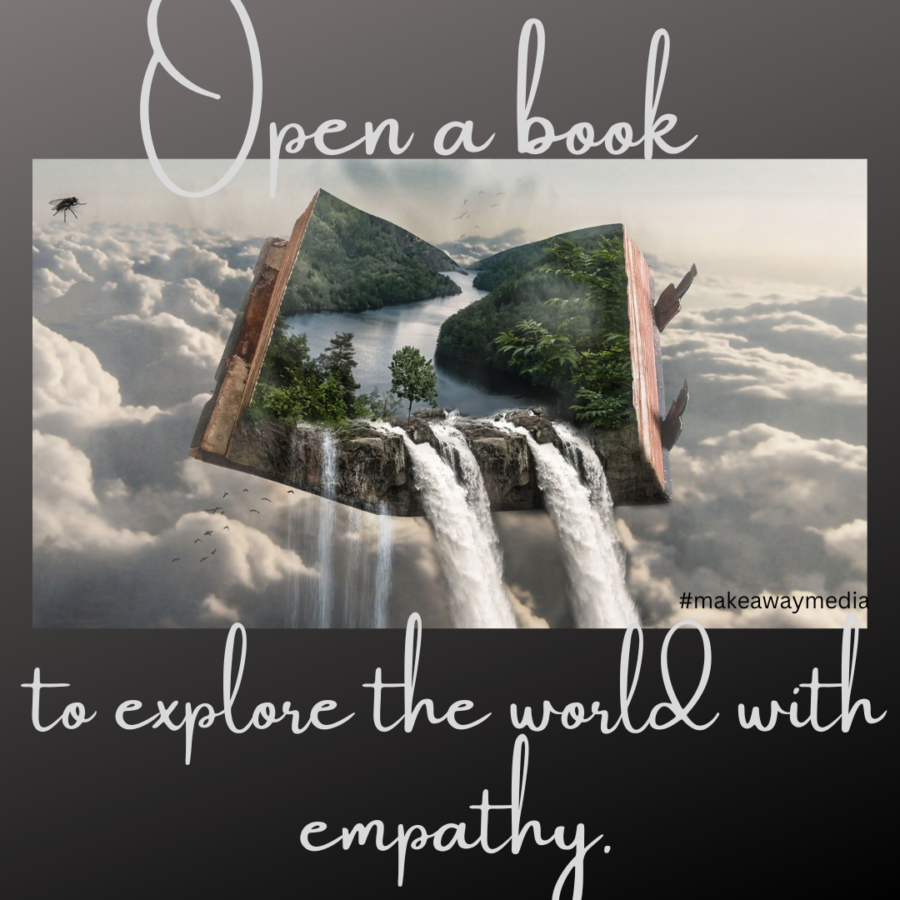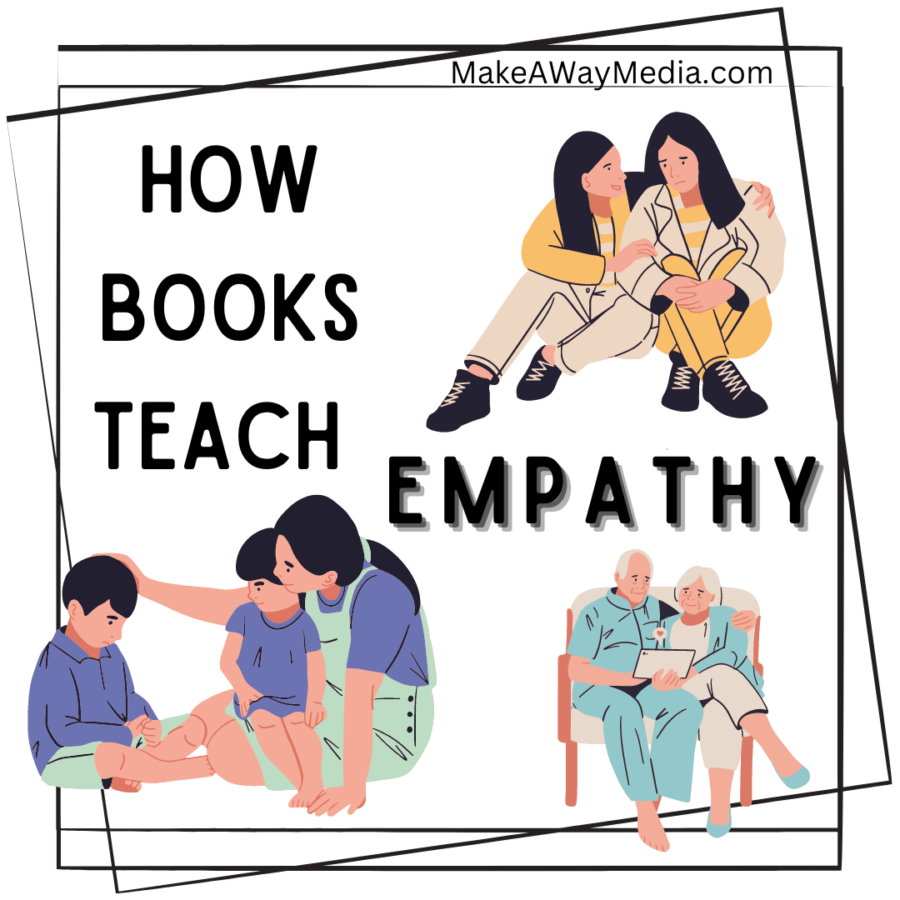 When we think about the purposes of writing, there are generally three categories: we write to inform, to entertain, and to persuade. As readers, we are the recipients of information, entertainment, and persuasion.
When we think about the purposes of writing, there are generally three categories: we write to inform, to entertain, and to persuade. As readers, we are the recipients of information, entertainment, and persuasion.
Stories have been a part of human history forever. Early humans told stories to explain a world that was confusing to them (inform). They told stories as warnings for things to watch out for (persuade), and they told stories to have fun (entertain). Even though many things have changed in our modern world, stories still serve these purposes.
Whether we are reading to learn, to see another side of things, or to just have fun, reading is a safe way to put ourselves in other people’s shoes (or in their thoughts or within their experiences). Reading allows us to get as close as we are able to understanding topics from someone else’s perspective. Reading allows us to experience empathy, which is the ability to understand and share the feelings of another person.
If a child reads a book about someone very different from her, she is immersed in a world that is foreign, but it always remains safe. She has agency and can take herself out of the book if she feels threatened or uncomfortable or even bored. She can give herself time to process something new if she needs it. Reading is the easiest and least dangerous way to explore this big, topsy-turvy world.
 Reading a book about someone very different from her also gives her insights into the ways in which she and that character are the same. Maybe they are the same age or have similar family structures. Maybe they share a similar problem. Finding similarities means that the “stranger” in a book who at first seems completely different is really not so different after all.
Reading a book about someone very different from her also gives her insights into the ways in which she and that character are the same. Maybe they are the same age or have similar family structures. Maybe they share a similar problem. Finding similarities means that the “stranger” in a book who at first seems completely different is really not so different after all.
Think about the books you’ve read that have opened your eyes to other people’s experiences. How did you become more empathetic towards those situations? If we are lucky, we grow and our lives are changed for the better.



